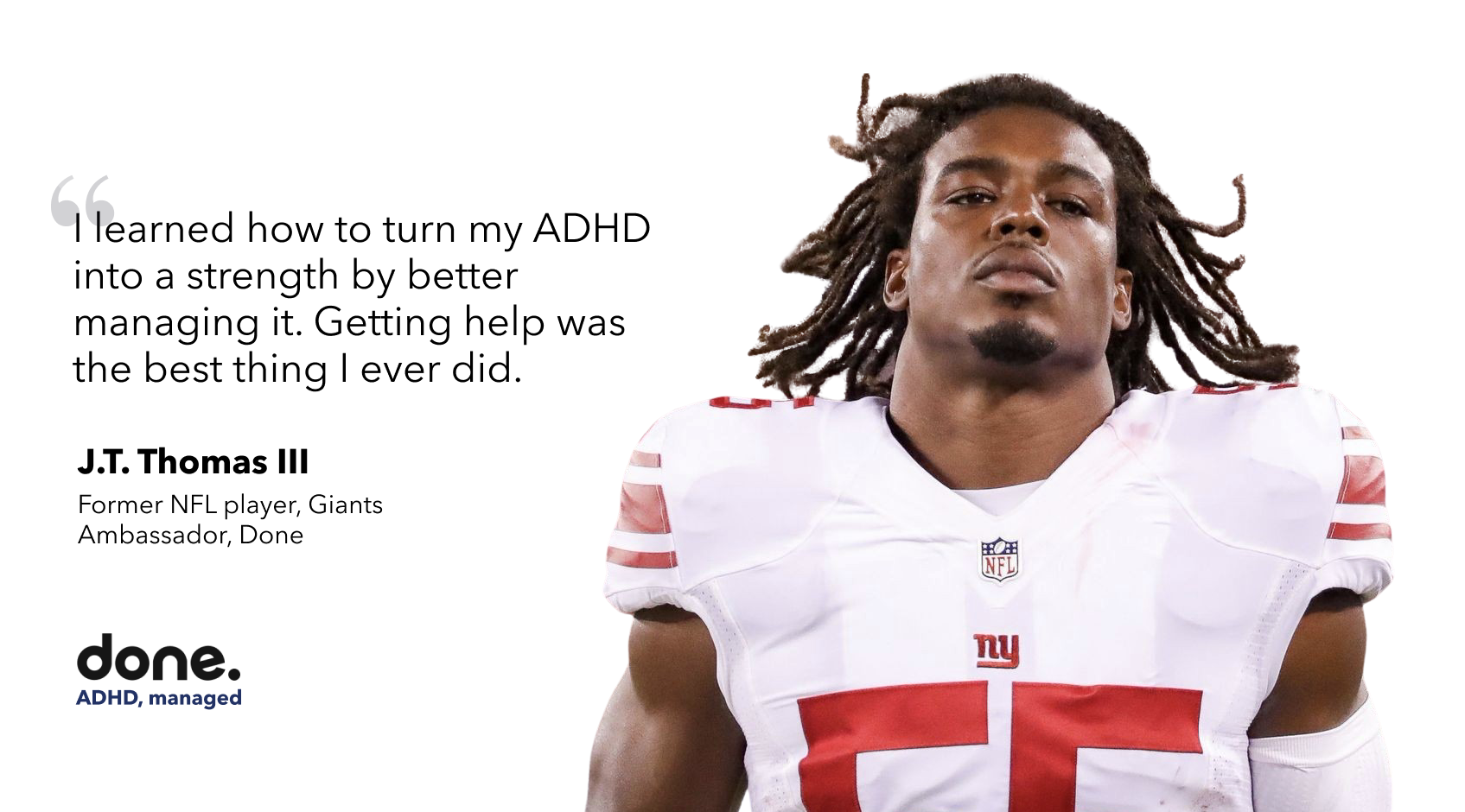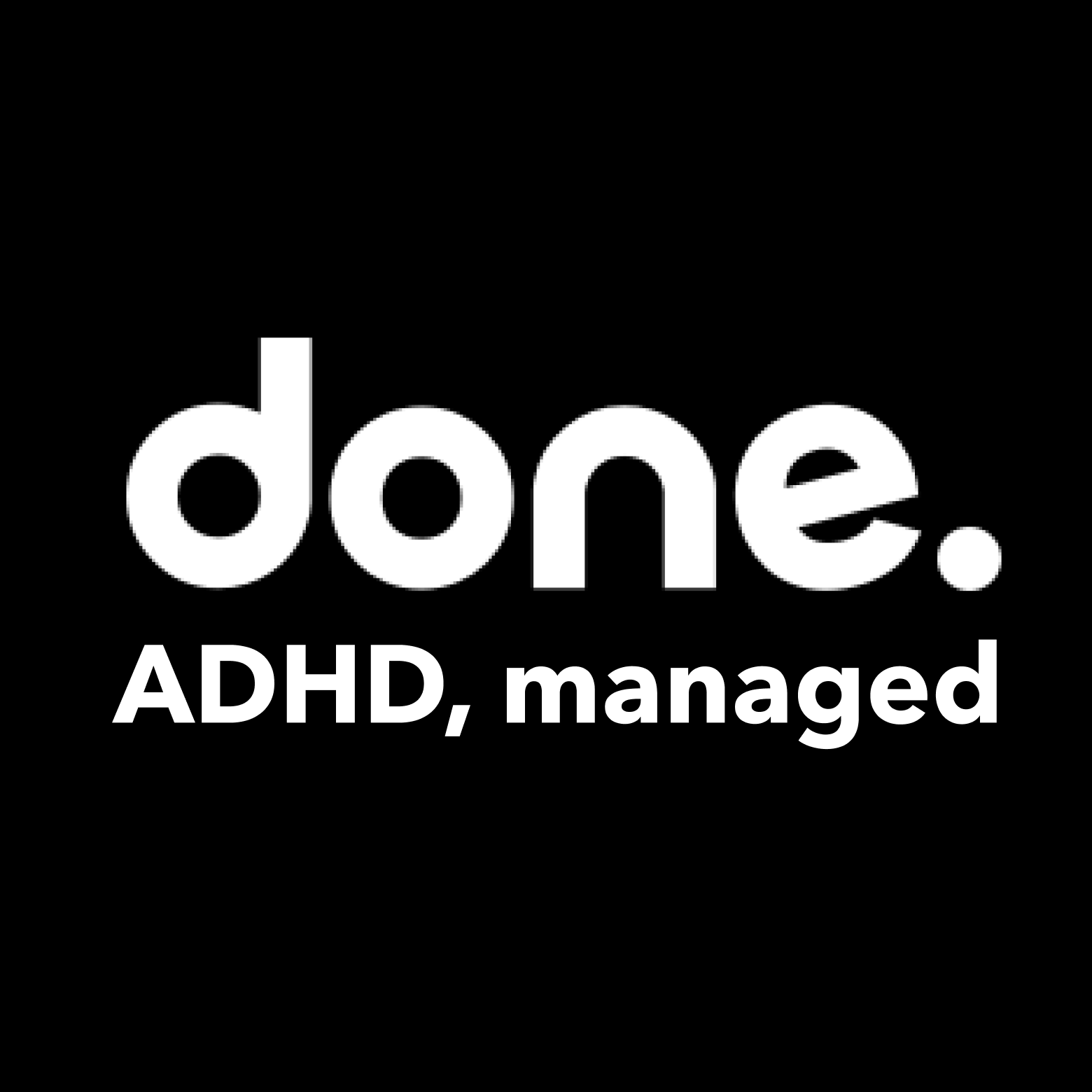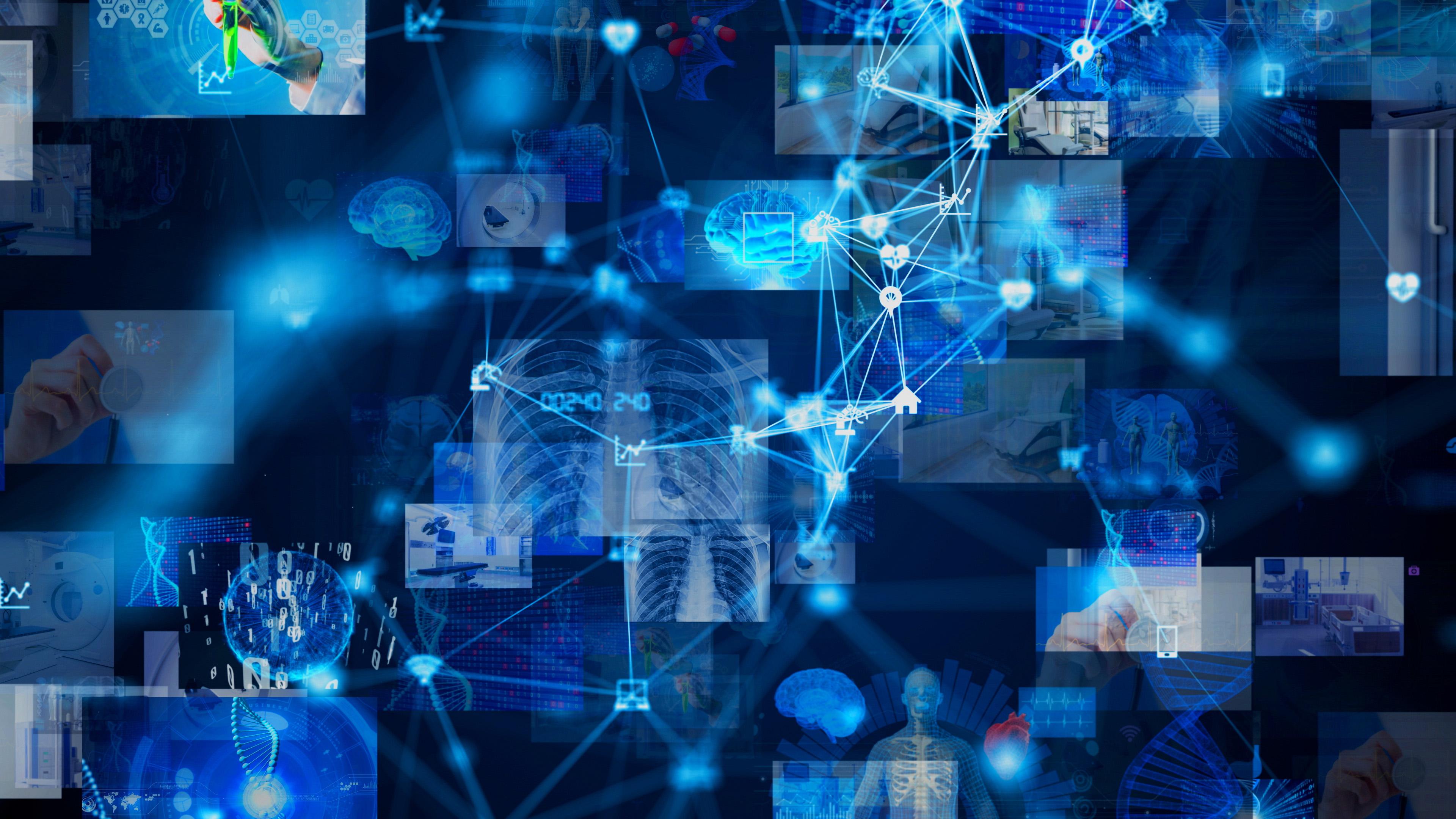Retired NFL Linebacker Overcomes ADHD, Invests in Mental Health Platform Done

October is ADHD Awareness Month, and retired NFL linebacker J.T. Thomas wants people to know that it is okay to get help for the treatment of attention deficit hyperactivity disorder (ADHD). As a person with ADHD, J.T. Thomas knows how important getting help is, and why overcoming obstacles such as stigma, access to care and improper diagnosis are so important.
“Whether competing in the NFL, or in life, many of us feel that we can’t show weakness,” says Thomas. “Unfortunately, this way of thinking has kept millions of adults and children from getting the treatment they need. When I finally sought treatment in 2013, I learned how to turn my ADHD into a strength by better managing it. Getting help was the best thing I ever did.”
J.T. Thomas is advocating for greater awareness regarding diagnosis and treatment options for ADHD because he believes that “knowing and treating” can be life changing. This is what led him and others including David Sacks’ Craft Ventures, Dave Morin’s Offline Ventures and NFL Hall of Famer Joe Montana to invest in ADHD treatment platform Done. Done is the first telehealth platform created specifically for people looking to get help with ADHD.
I travel a lot, and this makes it very difficult to maintain adherence to traditional, in-person treatment,” added Thomas. “A friend told me about telehealth, and that’s when I found Done. They were focused on ADHD 100%, so I reached out to them and started getting help. I enjoyed the service so much, I asked if I could invest in it.”
Done was founded in 2019 and is led by a 13 person team of former Facebook, Stanford University and Kaiser Permanente professionals. Done, which is making its public debut during ADHD Awareness Month, currently has a team of 25 clinicians available in *11 states.
Done is focused specifically on ADHD because many on the team either have ADHD, or have family and friends with ADHD. As such, Done’s staff fully understands the potential obstacles associated with ADHD.
The primary function for physicians is to enhance health and alleviate suffering. Sadly, in the real world, there are many barriers to the realization of these goals. Medical knowledge alone cannot remove the obstacles, for they are social, political, economic and organizational. This is especially true when it comes to the treatment of ADHD.
“In my career as a psychiatrist, I have been particularly affected by the barriers to care created by the stigma attached to the medical disorders artificially categorized as mental,” states Done Clinical President Dr. David Brody. “The care of all psychiatric disorders is severely affected by this stigma, which takes different forms depending on the specific disorder, but is always destructive. In the case of ADHD, the stigma includes the ideas that it is not real, not severe or serious, and that people seeking treatment for it are drug seeking or looking for an easy way. These stereotypes could not be further from the truth, and that’s why in addition to treatment, at Done we are focused on awareness.”
Done is here to combat these stereotypes, and is working to remove barriers to treatment such as requirements and expectations about frequency of visits, documentation, medication choice and choice of provider. Regulations regarding treatment vary tremendously state-to-state, which is primarily due to the regulatory climate surrounding the medications used for first-line treatment of the disorder. This often forces patients to end treatment, especially if they live far from their provider’s office or have multiple career and family responsibilities.
As a flexible and more affordable platform, Done is well on the way to achieving a more effective and patient-friendly system for ADHD treatment. However, much remains to be “done.”
Priorities for Done include recruitment of additional clinicians for its rapidly expanding organization, improved integration with pharmacies and pharmaceutical manufacturers, improvement of regulations affecting patient care, education of both the general public and the medical community on the reality of ADHD and the falseness of stigmatizing ideas, and streamlining the platform to deal with the roadblocks and inefficiencies that stem from that stigma.
*Done offers services to residents of California, Florida, Hawaii, Indiana, New Jersey, New Mexico, New York, Oregon, Pennsylvania, Texas and Washington.











